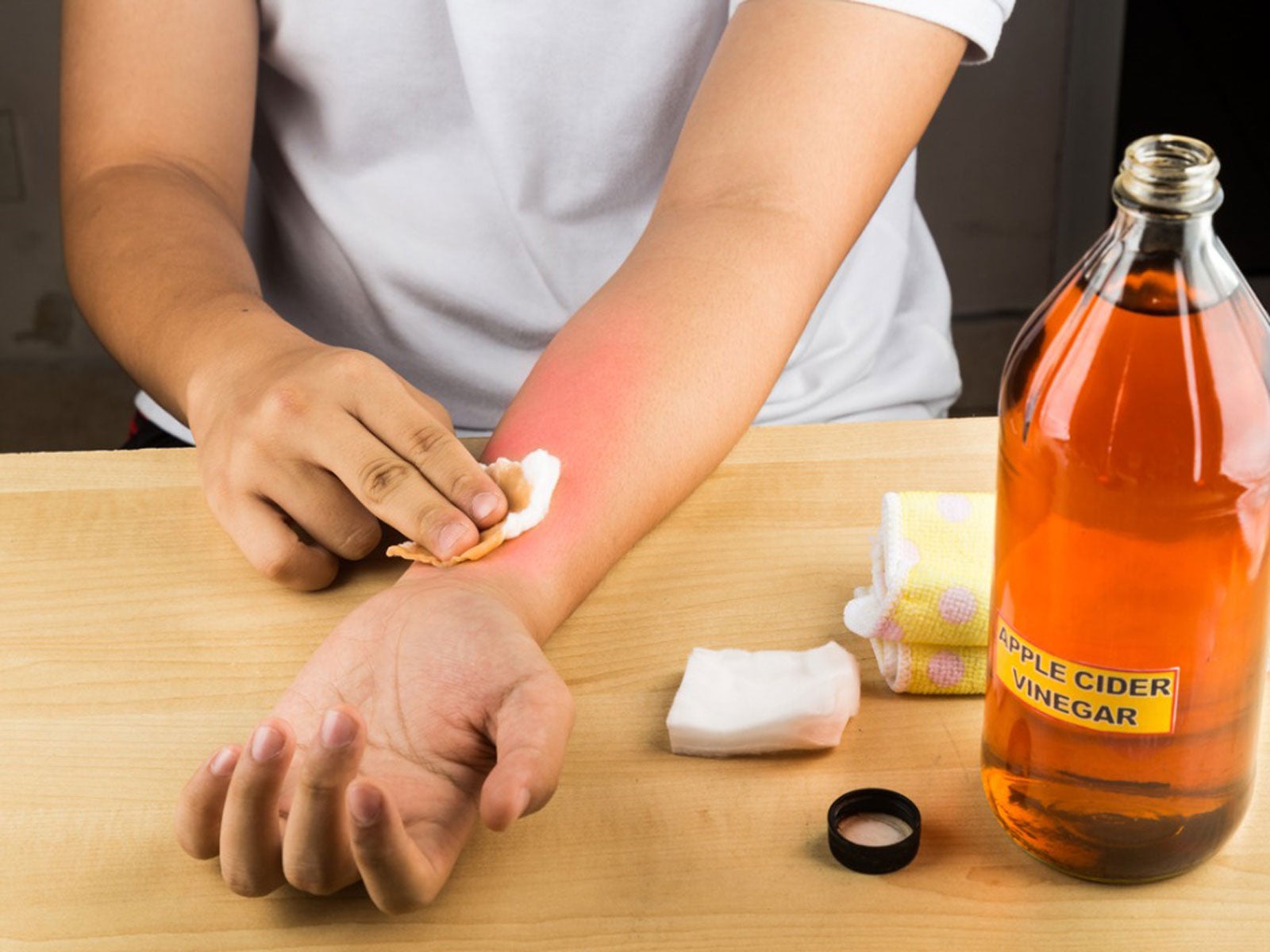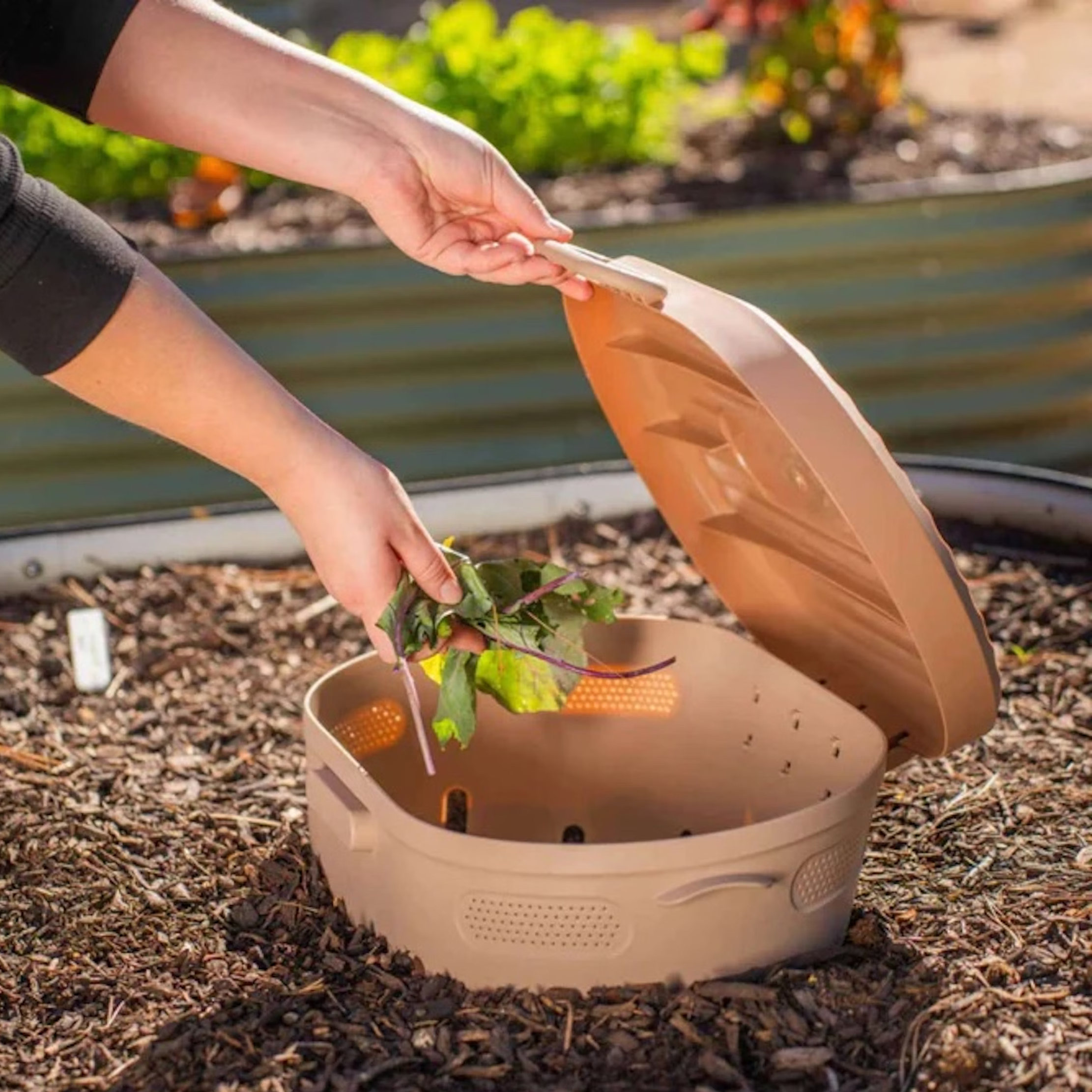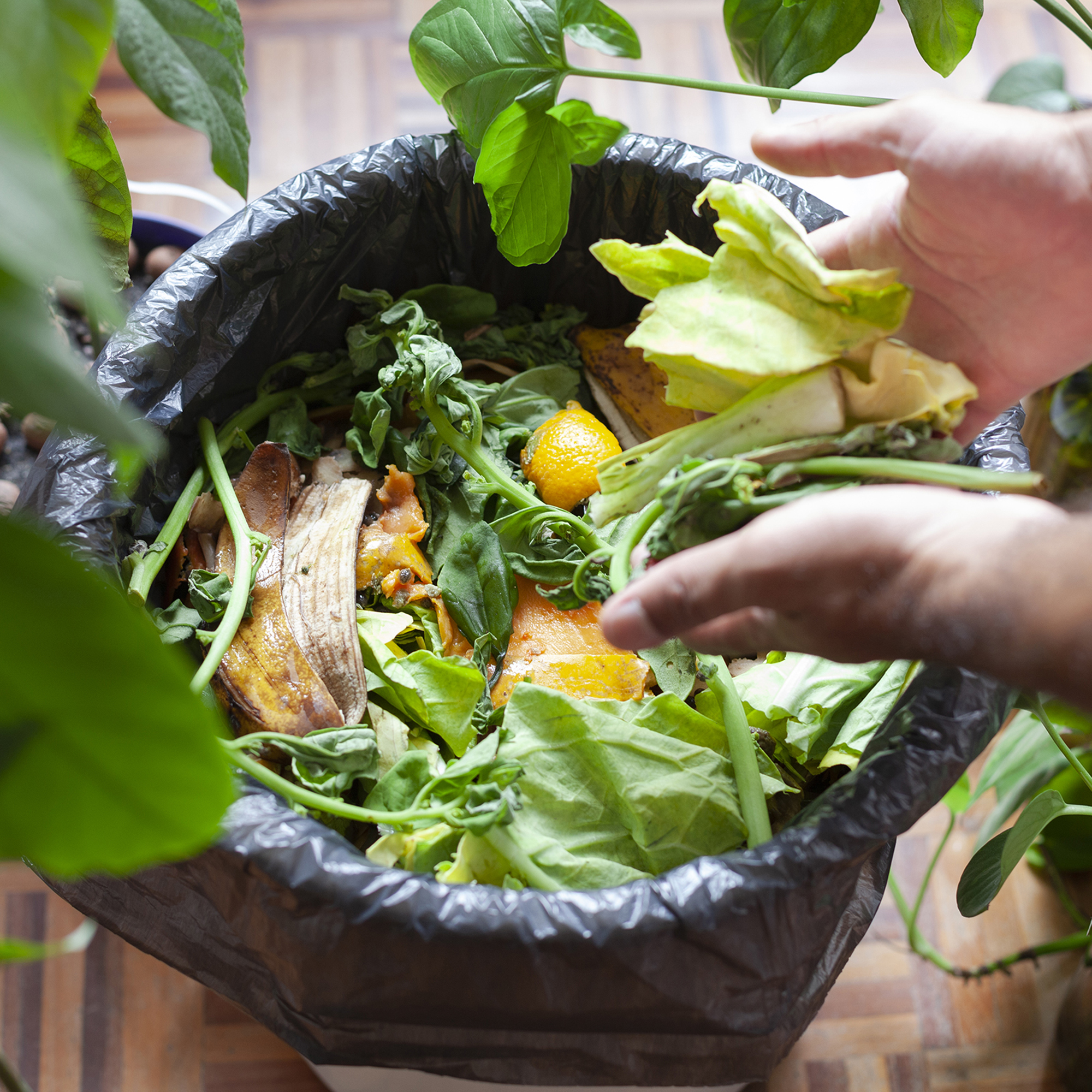Getting Rid Of Pepper Burn – What Helps Hot Pepper Burn On Skin


If you enjoy growing and consuming chili peppers, then you've likely experienced the sensation of burning hot pepper on your taste buds, around your mouth, and on your skin. Capsaicin is the chemical responsible for this phenomenon. This alkaline oil-like compound is contained in the pithy white membranes which surrounds the seeds of hot peppers. The oil spreads easily. So, if you're wondering what helps hot pepper burn, here's what to do.
How to Stop Hot Pepper Burn
Due to their chemical properties, oils float and don't dissolve in water. Running water over hot pepper on hands only serves to spread capsaicin. The key to stopping the heat and providing relief is to break up or neutralize the oil.
Here are some common household products which can reduce or eliminate hot pepper on hands or skin (Don't use these remedies in or near the eyes):
- Alcohol: Rubbing or isopropyl alcohol is a solvent which breaks up oils. Apply liberal amounts of rubbing alcohol to the skin, then wash the area with soap and water. It's not advisable to soak in isopropyl alcohol, as it can be absorbed into the body. In a pinch, alcoholic beverages can also be used.
- Degreasing Cleaners: Dish soap is formulated to remove oils and grease from dishes. It works better at dissolving capsaicin than regular hand soap. If you have it handy, use a degreasing hand cleaner made for mechanics.
- Corn Starch or Baking Soda: These pantry shelf staples neutralize capsaicin oil. Make a thick paste using a minimal amount of water. Coat the hands or skin with the paste and let it dry. Once dry, the powdery residue can be washed off with soap and water.
- Vinegar: Acetic acid neutralizes the alkalinity of capsaicin. Pour it over hands or contaminated skin. It's also safe to soak skin in a mixture of vinegar and water for 15 minutes. Additionally, you can rinse your mouth with vinegar to relieve hot pepper burn. Also, try acidic beverages containing tomato, pineapple, lemon, or lime.
- Vegetable oil: Cooking oils dilute capsaicin, making it less potent. Rub generous amounts on the skin, then wash it off using dish soap or hand cleaner.
- Dairy Products: There's a reason many spicy dishes are served with sour cream or yogurt. Dairy products contain casein, a fat-binding protein which dissolves capsaicin oil. Use fatty dairy products to relieve mouth burn. Soak your hands in whole milk, yogurt, or sour cream. Be patient as this remedy make take up to an hour to work.
Getting Rid of Pepper Burn in Your Eyes
- Rapidly blink your eyes to stimulate the release of tears. This will help flush out the burning hot pepper oil.
- If you wear contacts, remove them after ensuring your fingers aren't contaminated with capsaicin. Dispose of the contacts as cleaning oil off contaminated lenses is nearly impossible.
- Use a saline solution to finish cleaning out the eyes.
To prevent hot pepper on hands, gardeners and home cooks are advised to wear gloves when picking, handling, or preparing chili peppers. Replace gloves punctured by sharp knives or garden elements. Remember to remove gloves and wash your hands with soap and water before touching your face, rubbing your eyes, or using the bathroom.
Gardening tips, videos, info and more delivered right to your inbox!
Sign up for the Gardening Know How newsletter today and receive a free copy of our e-book "How to Grow Delicious Tomatoes".

Laura Miller has been gardening all her life. Holding a degree in Biology, Nutrition, and Agriculture, Laura's area of expertise is vegetables, herbs, and all things edible. She lives in Ohio.
-
 Try The Trend – Turn Any Bed Into A Keyhole Garden With This Clever In-Ground Composter
Try The Trend – Turn Any Bed Into A Keyhole Garden With This Clever In-Ground ComposterKeyhole gardening is an efficient and sustainable practice that saves space. Get started on this DIY project quickly and easily with an in-ground composter.
By Bonnie L. Grant
-
 4 Superfast Composting Methods: Turn Waste Into Garden Gold In 30 Days Or Less
4 Superfast Composting Methods: Turn Waste Into Garden Gold In 30 Days Or LessTry the fastest composting methods to turbocharge your pile and transform kitchen scraps and garden waste into finished compost in just a few weeks.
By Mary Ellen Ellis